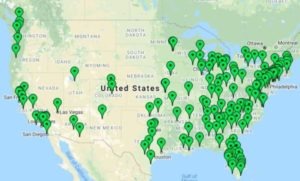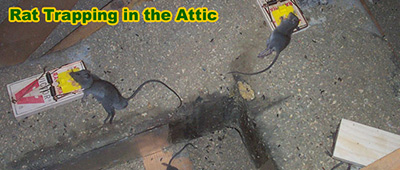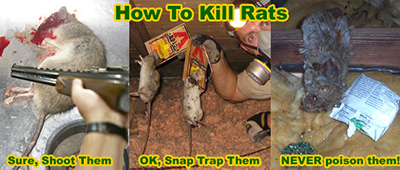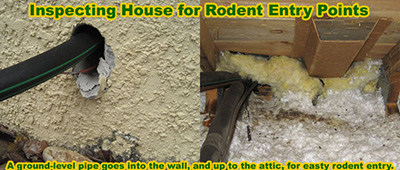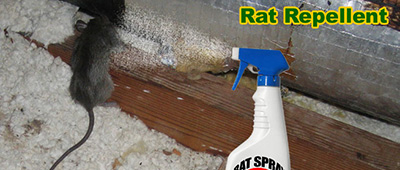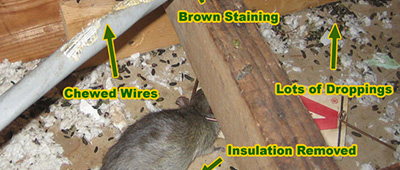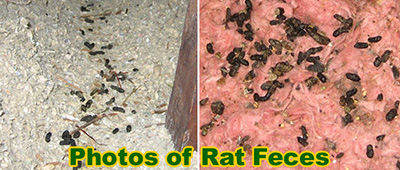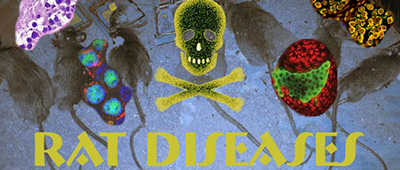What you should do with a rat after you trap it very much depends on the state of the rat, without sounding too crude. If you have caught a rat using a lethal snap-trap, there is a very good chance that the rat will be dead. At this stage, you could either destroy the entire thing - rat, trap, and all, and then buy news ones. Alternatively, you could remove the rat from the trap, clean it, and re-bait it. Rat traps are usually quite cheap to buy these days, so it might be worth throwing the entire thing out if you'd rather not get your hands dirty.

There are many important stages when it comes to safely and effectively evicting rats from your home, and just one of those stages is identifying all the holes that are currently present. These will need to be sealed up, preferably before you set the traps down. If you don't seal them up, the rats will just keep coming back. This is even more so the case if you don't clean up after the rat. The urine it leaves behind works as a marker, and those pheromones will start to attract other rodents too. Chemical deodorization and sanitization is important to ensure you get rid of the entire problem, almost as important as sealing up those holes. Catching the rat, and working out what to do with it, is just a small part of a much larger problem.
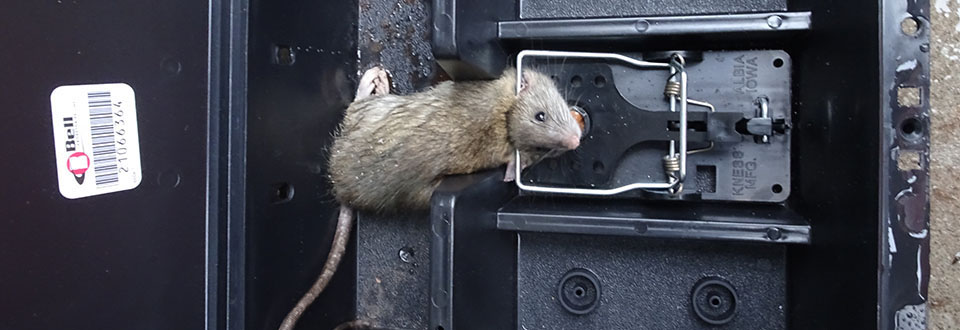
We will say this from the start, we aren’t advocating handling wild rats, that’s a good way to get a nasty bite and a trip to the ER. Rats are synonymous with disease and pestilence, a signal of the Bubonic Plague that ravaged Europe. It is also true that they are a pest and need removing from homes and businesses because they do carry diseases. Many responsible homeowners and business owners will have traps set out to catch these rodent pests; however, not everybody is comfortable with exterminating a living creature and will use “catch and hold” traps. But what to do with the rat after it has been trapped?
Read on as we advise the best way to handle a rat after it has been caught.
After the trap
Some people just aren’t comfortable killing animals. So, just how do you remove a trapped rat in a humane way?
An unavoidable fact is that the rat might not actually survive when it is released. They become accustomed to the environment they’re in and they become used to how to find food and what predators are in the area; unfortunately, that area is often your home or at least the immediate area. If you are aware of the small chance of survival but want to give the rodent a chance anyway, then what?
Firstly, the way you will handle a living rat and scared rat without exposing yourself to any risks will be very, very important. Use thick and heavy gloves to handle the rat if you must do so, these gloves must be thick enough that a frightened and panicked rat cannot bite through and that will prevent the fur, feces, or urine from getting on your skin.
The easiest way to handle and release a rat is through barriers such as boxes that can be sealed and handled from the outside, eliminating the need to get too close.
In no circumstances should you handle a trapped rat with your bare hands, the reason being that the fur of rats may harbor diseases, and this might surprise you but, many people are actually allergic to rat feces, urine, fur, and saliva. Handling a trapped rat with your bare hands will almost certainly result in a bite, which will require medical attention and will carry risks associated with this, potentially causing costly medical bills.
For something a little different, you can train the rat to be a pet. While this may seem very unorthodox, if you aren’t allergic or scared of rats, they can make great pets. However, a wild rat is very different from a rat from a pet store and you will absolutely need to contact your local wildlife organization, veterinarian, and find somewhere that specializes in training feral animals.
Finally, once the rat has been removed or dealt with in an appropriate way, it is so important to disinfect all the areas that the rat might have been in as they do carry diseases and can cause secondary infestations. A thorough cleaning will help to ensure that the urine or feces left behind do not trigger likely allergic reactions or any diseases.

